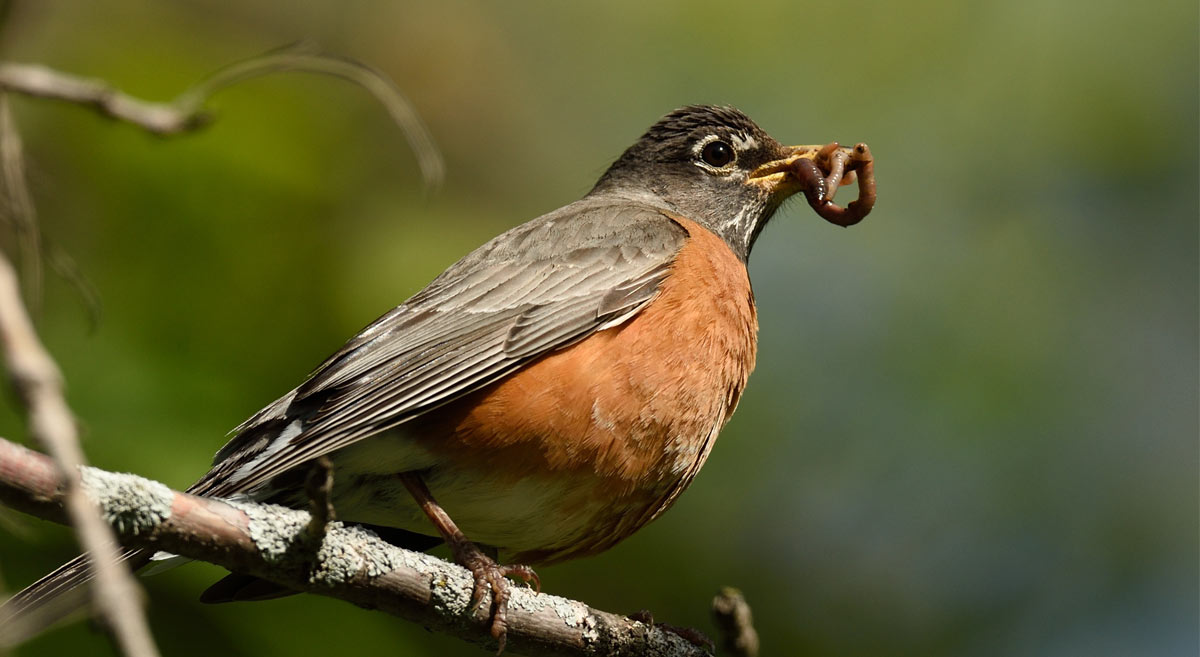Experts recommend taking down feeders until the source of the disease is identified.
Reports of sick and dying birds with vision problems, eye swelling (often with a crusty discharge), and neurological symptoms have been rippling across parts of the Mid-Atlantic and Southeastern United States. This illness is different from the conjunctivitis condition known as "finch eye disease," but the exact cause is currently unknown.
While many songbirds have been impacted, the illness seems to be most common in juvenile Common Grackles, Blue Jays, European Starlings, and American Robins.
While the unknown disease affecting birds has not yet been reported in New York, it has been reported in neighboring Pennsylvania. We are taking a cue from wildlife agencies and suggesting the following five steps, for now:
1. Cease feeding birds and providing water in bird baths until this wildlife mortality event has concluded. This may be infectious.
2. Remove all feeders and bird baths and clean with a 10% bleach solution.
3. Avoid handling dead or injured wild birds. Wear disposable gloves if it is necessary to handle a bird.
4. Keep pets away from sick or dead birds as a standard precaution.
5. To dispose of dead birds, place them in a sealable plastic bag and discard with household trash. This will prevent disease transmission to other birds and wildlife.
Won't it cause additional harm to remove birdfeeders that are familiar food sources for backyard birds?
Many of you may have concerns about ensuring birds have access to familiar food sources, including birdfeeders. We understand and want to provide a bit of reassurance that the impacts of these temporary precautions will have minimal impacts on the birds you love. Fortunately, it's the summer breeding season and most bird species are relying on caterpillars and other insects to feed their young, natural food sources that are readily available in nature. Additionally, birds are resilient and crafty creatures who will adapt to changes in food supplies with relative ease, finding new opportunities when familiar options are no longer available. We hope this issue is identified and resolved as soon as possible and you can resume the use of feeders. In the meantime, for the safety of the birds, we encourage everyone to work together and err on the side of caution.
For NY specifically, residents should contact their Regional DEC Wildlife office if they find any birds with eye lesions or exhibiting neurologic signs.
Click here for more information on reporting dead or sick animals. |


